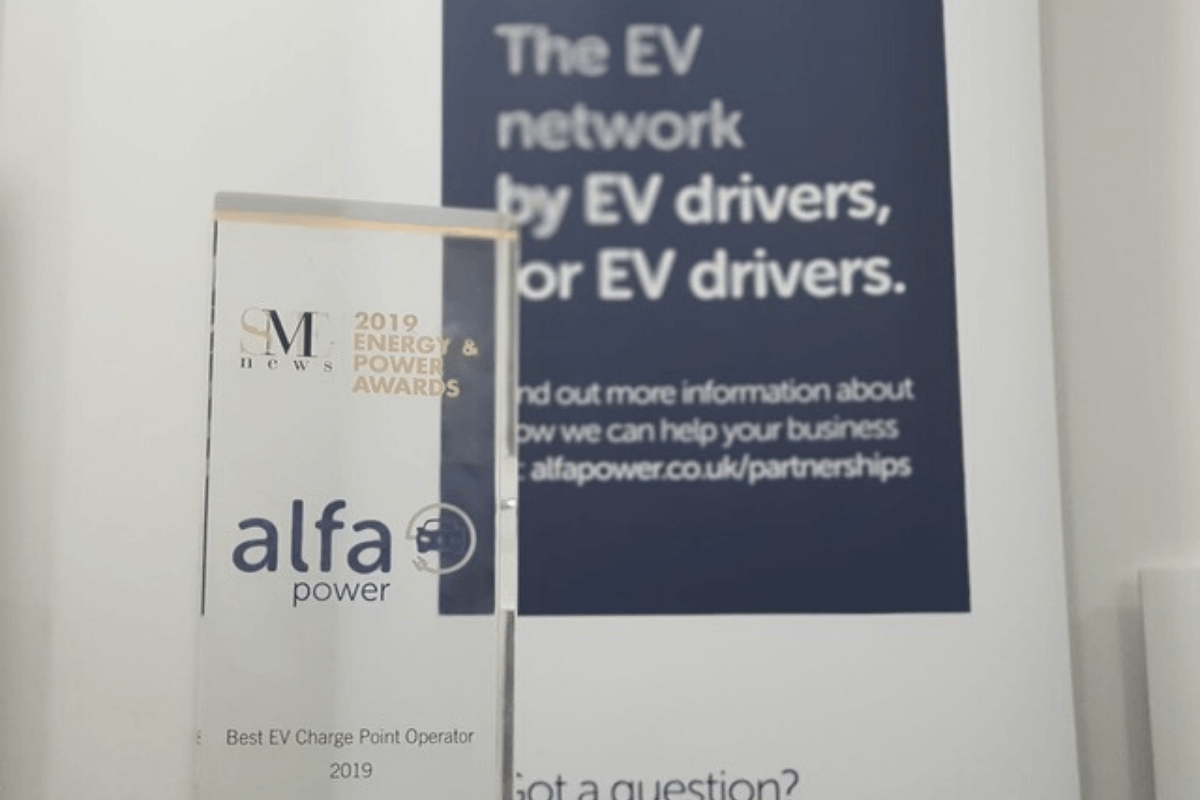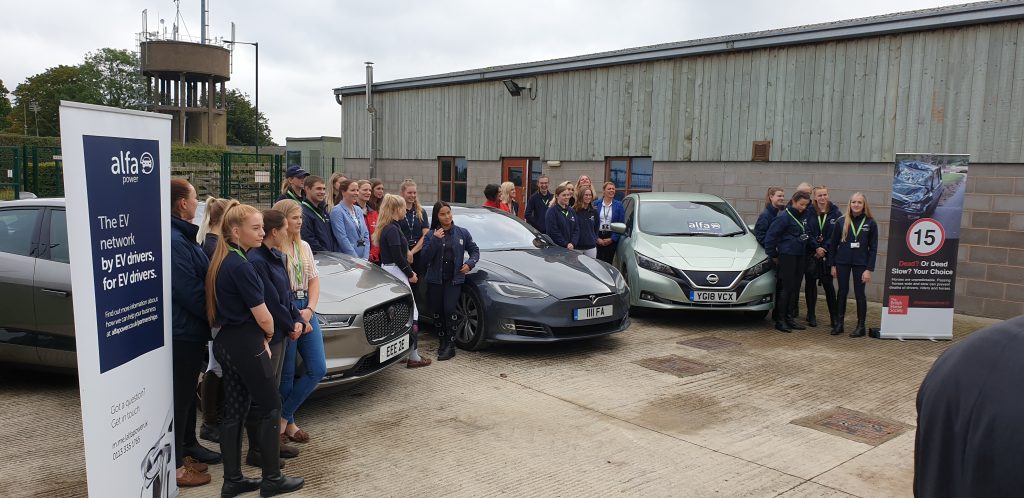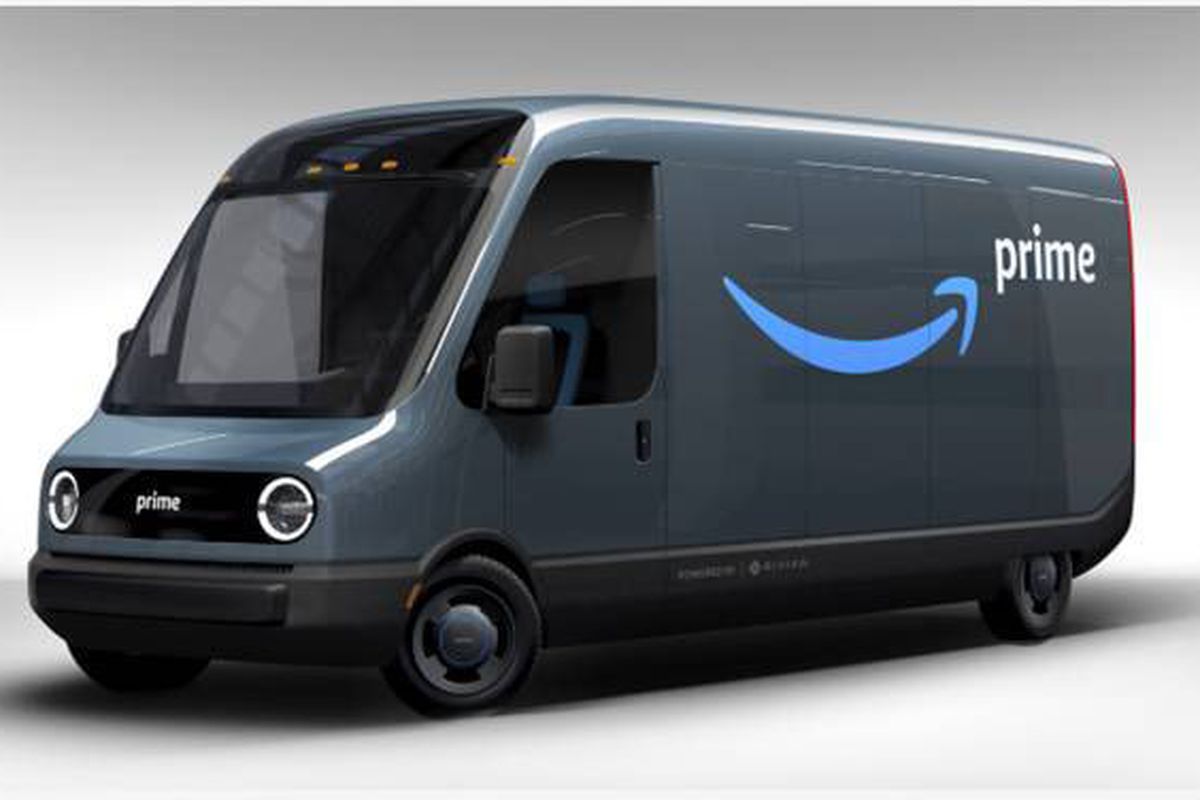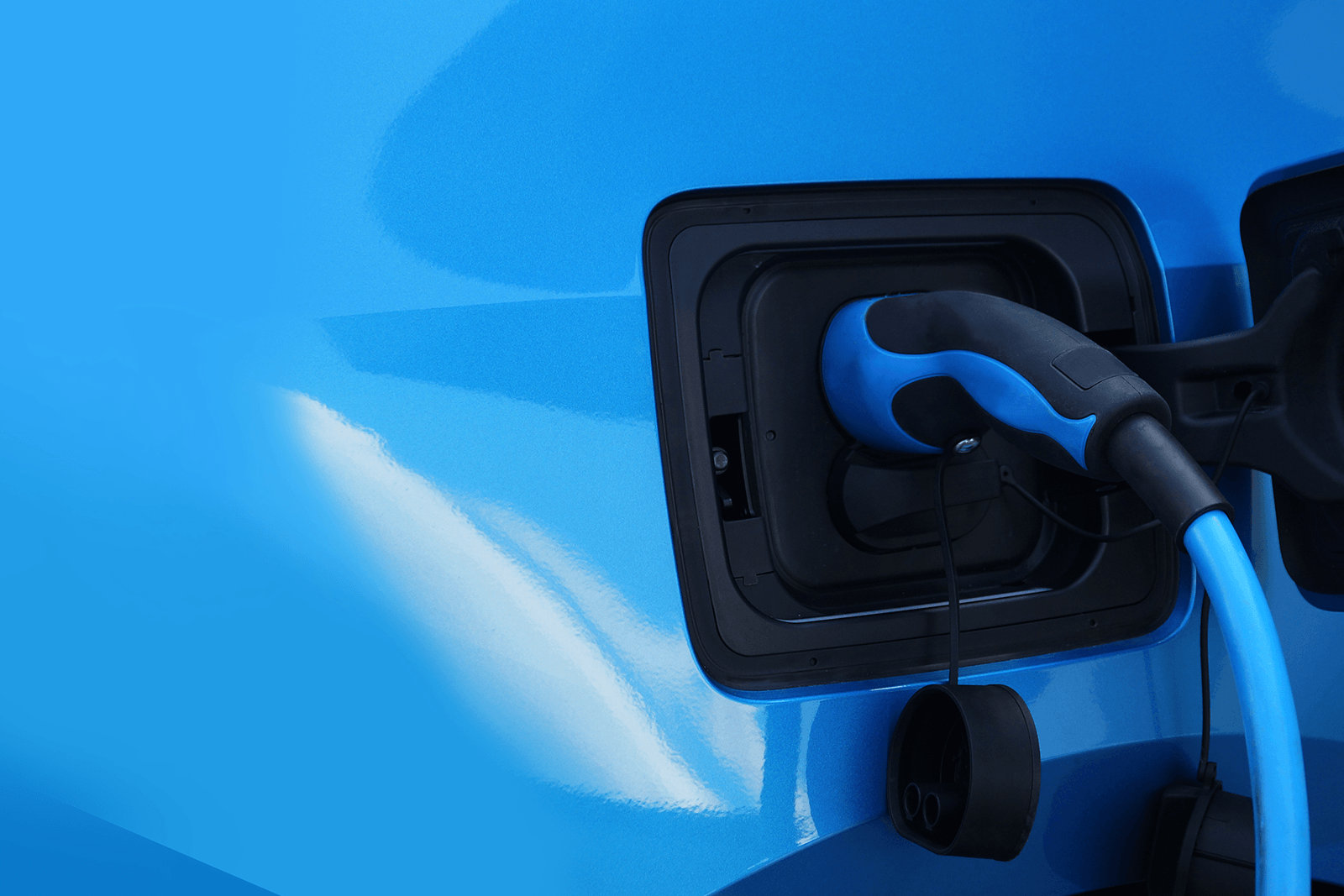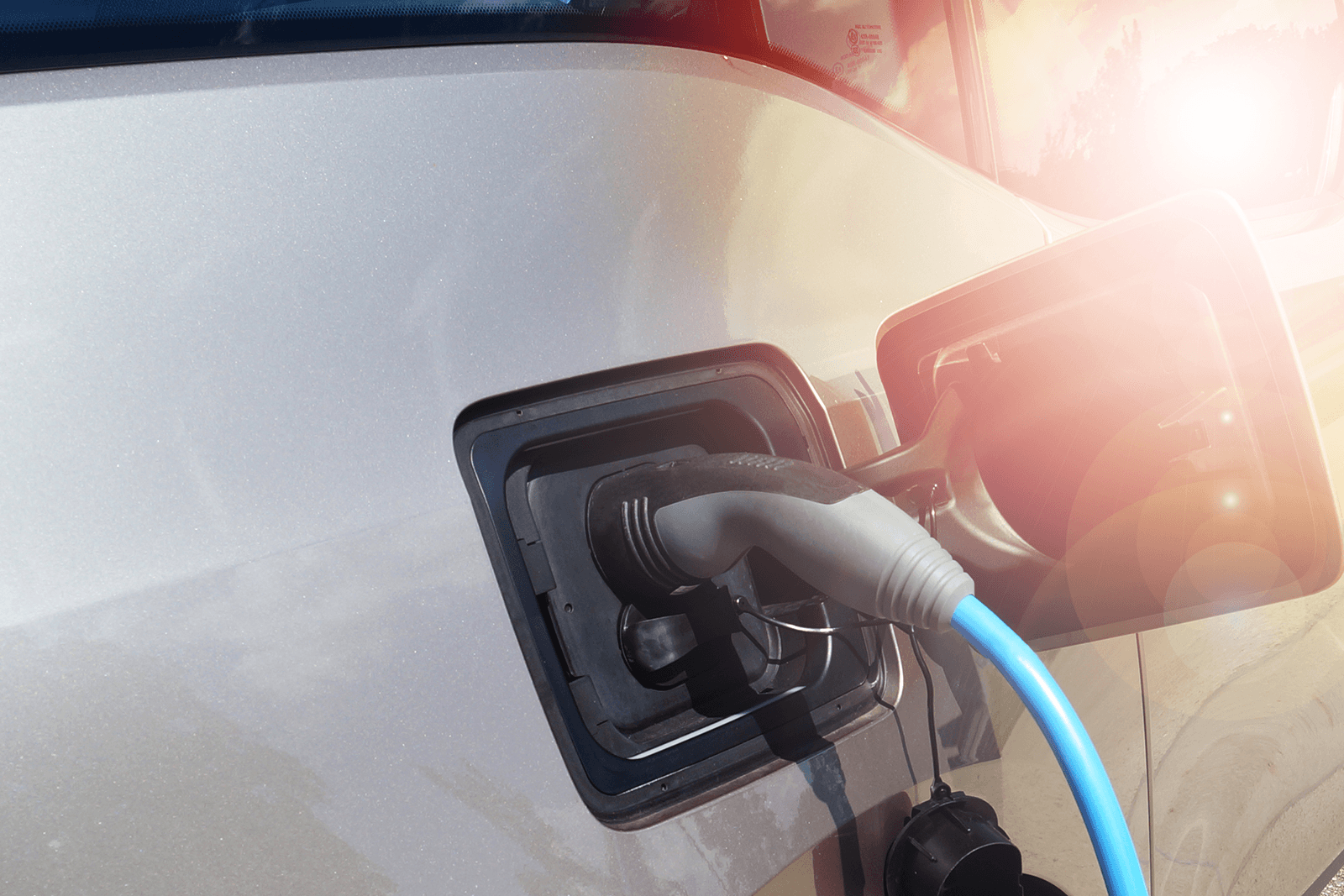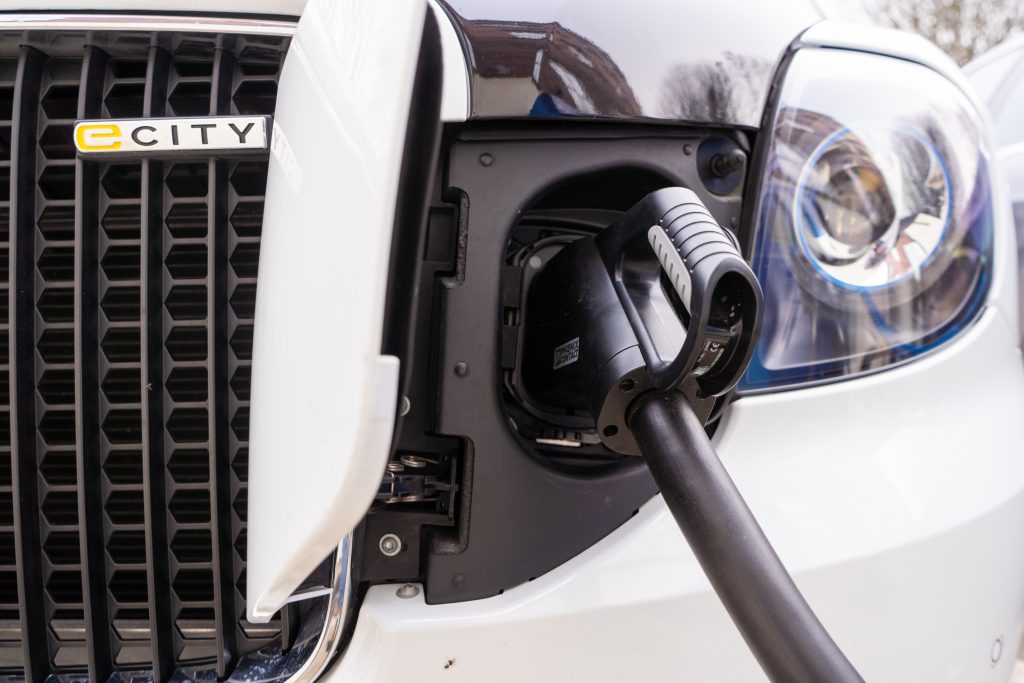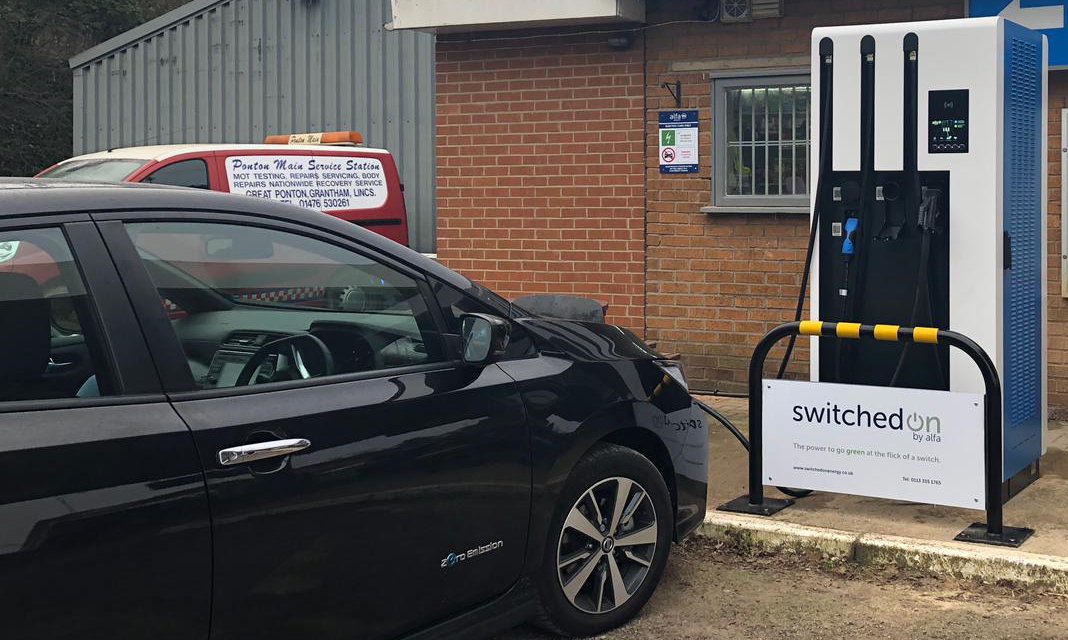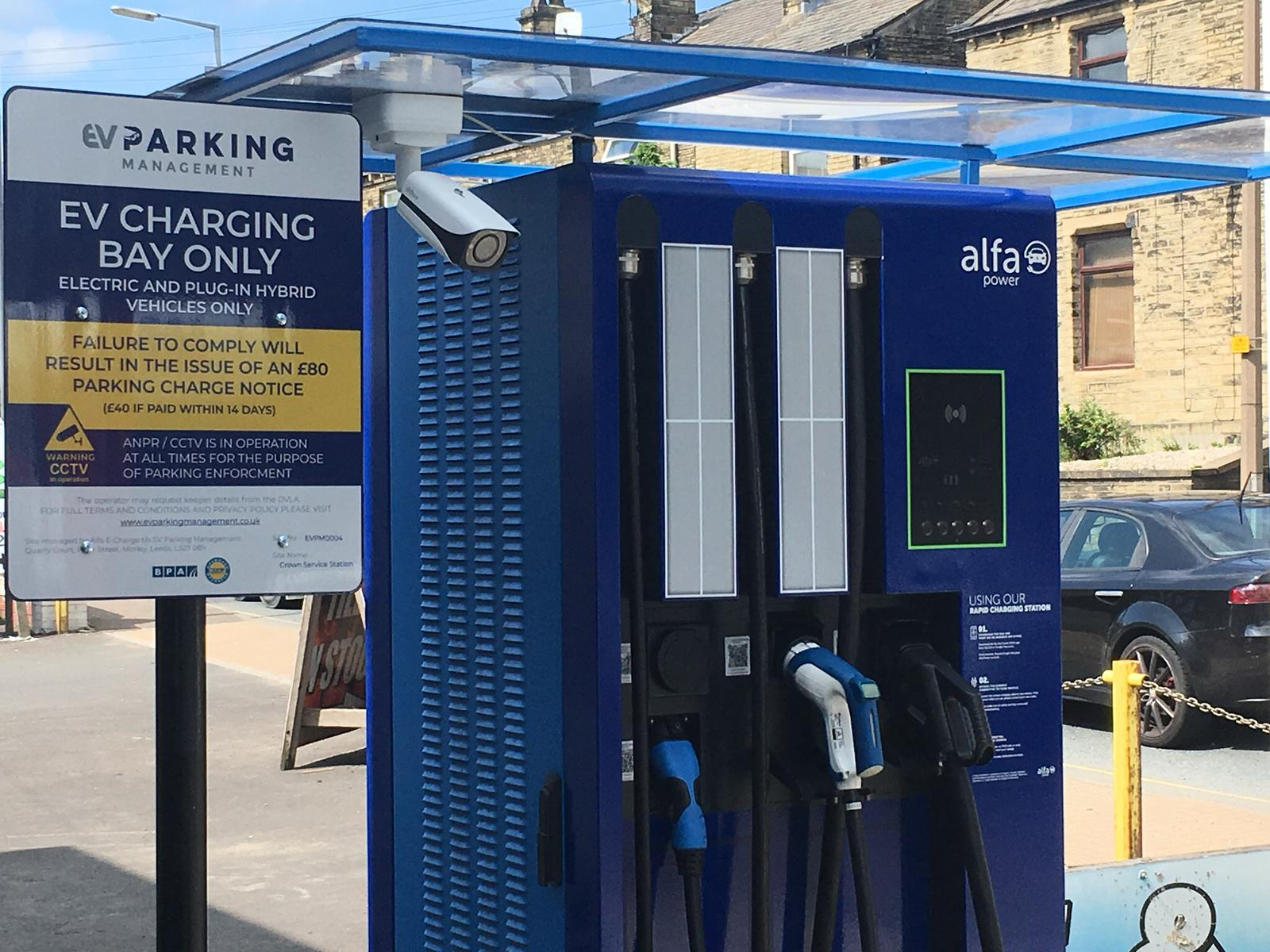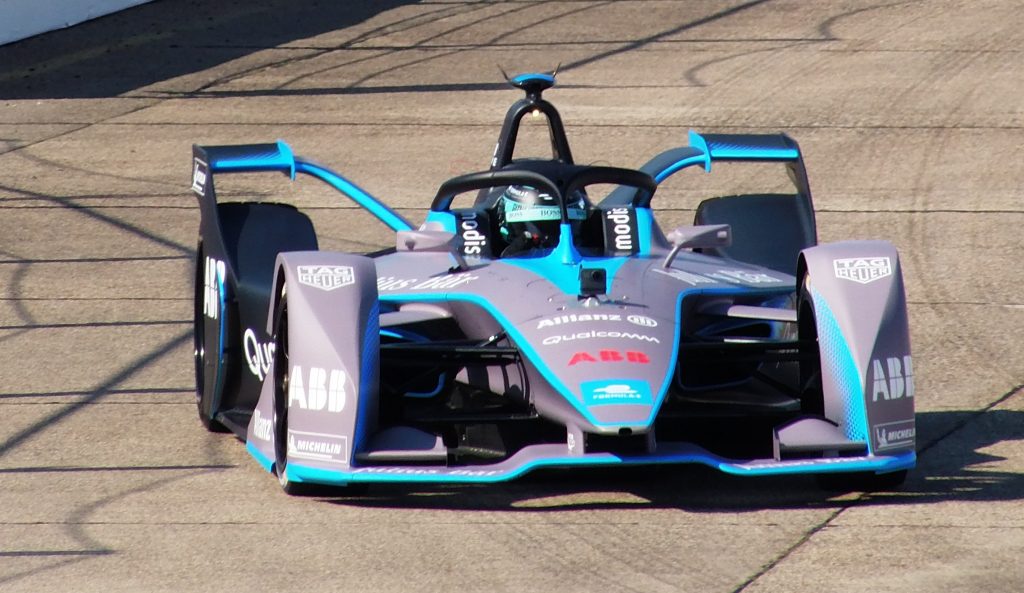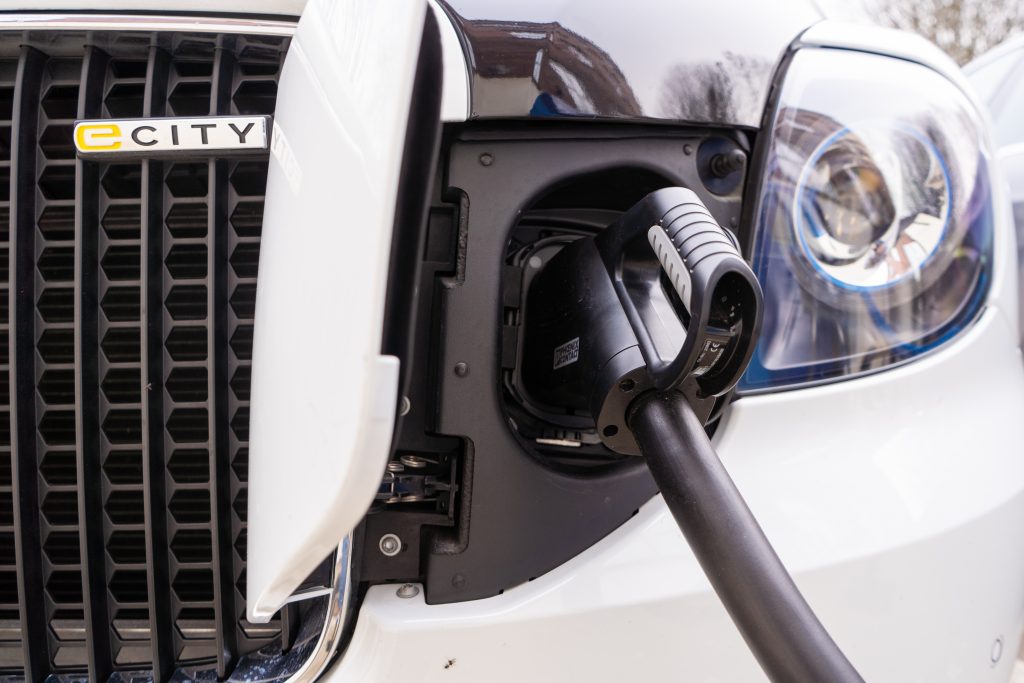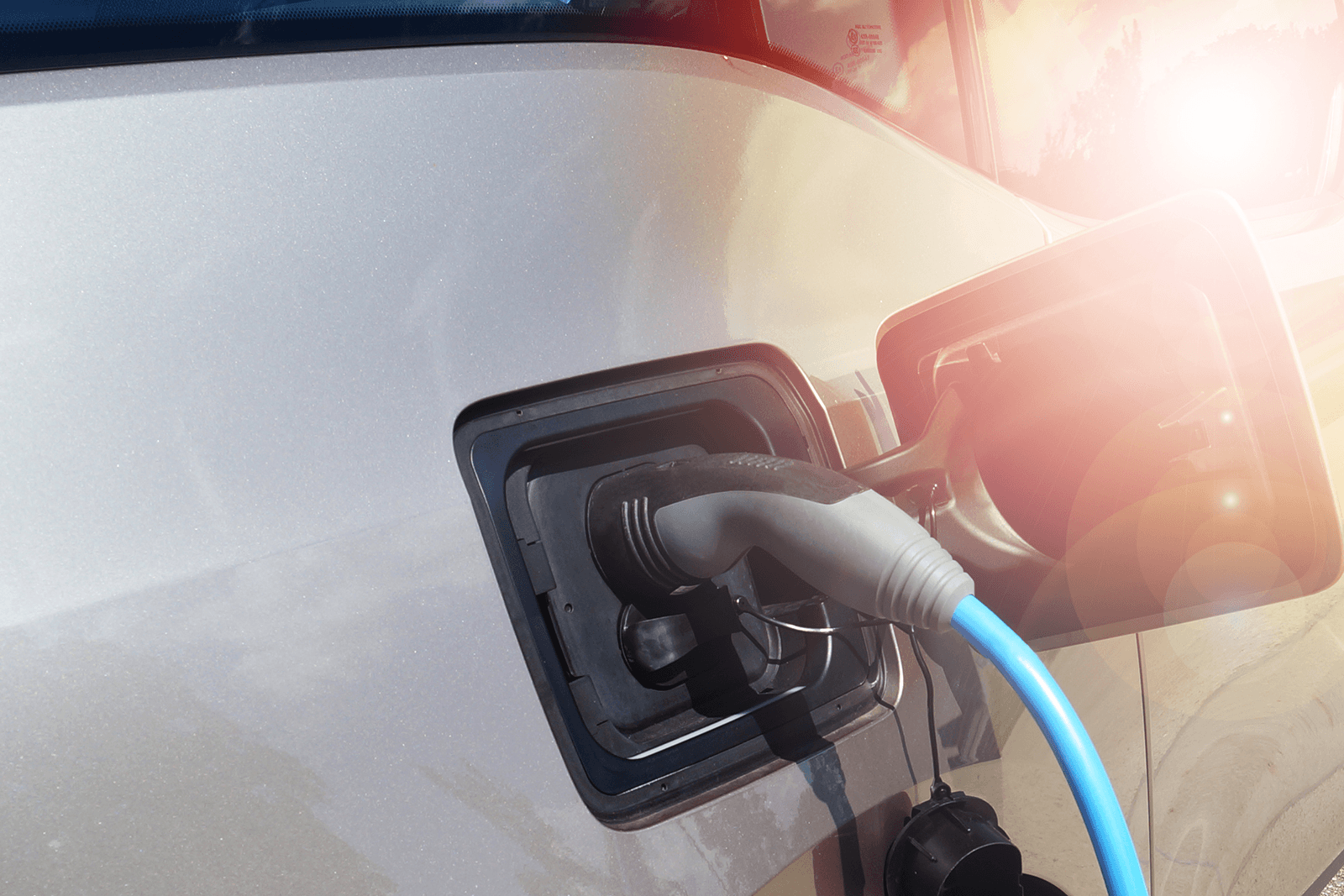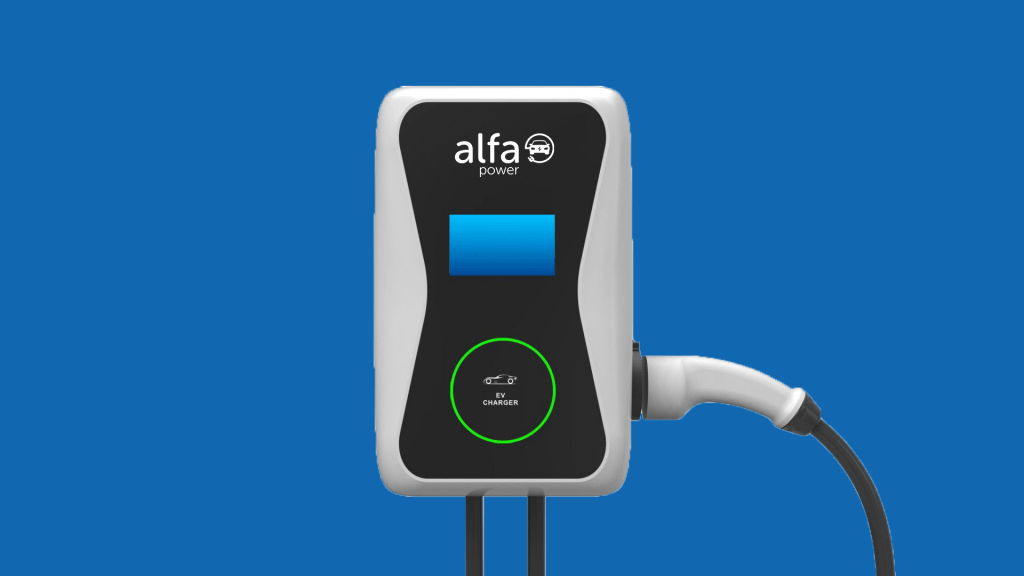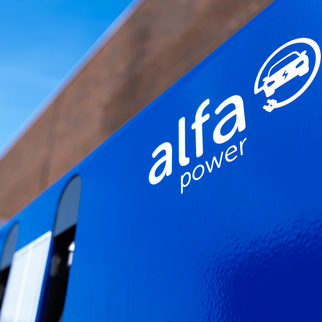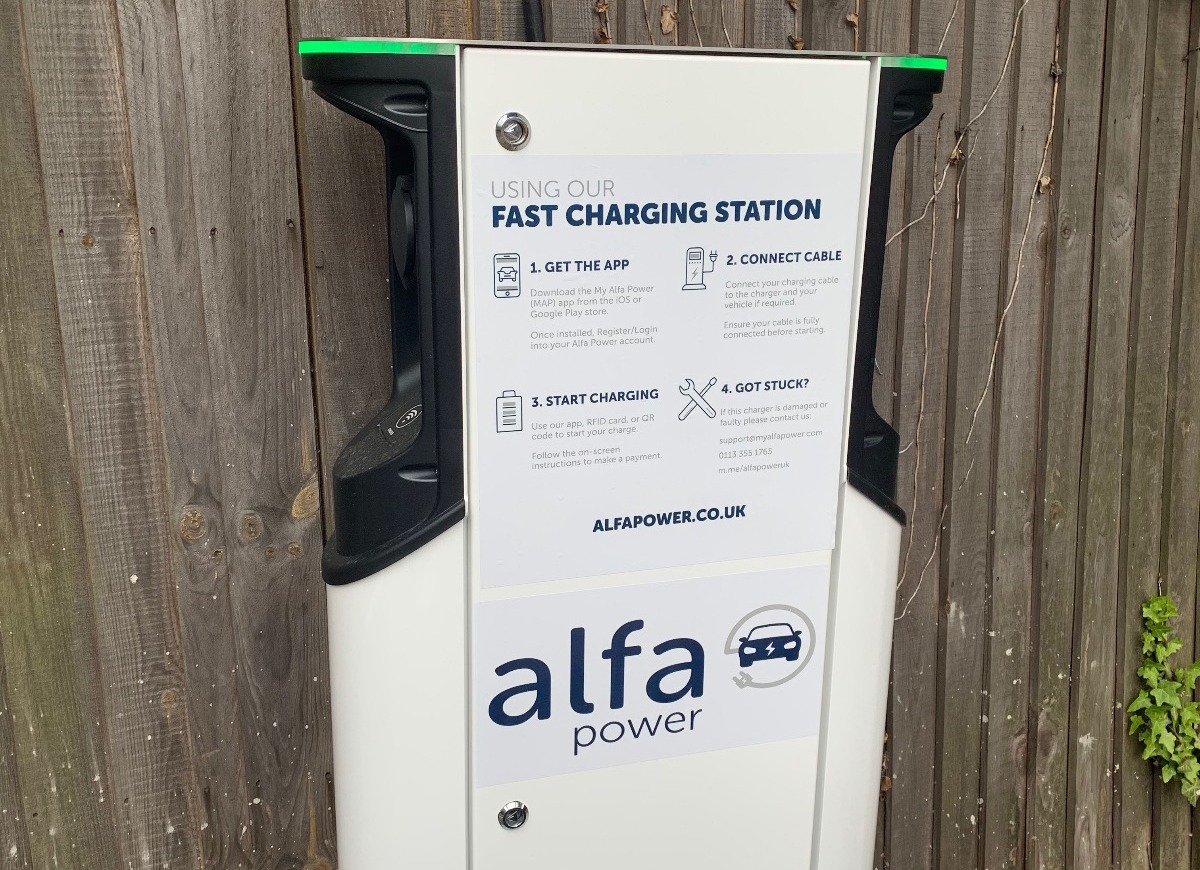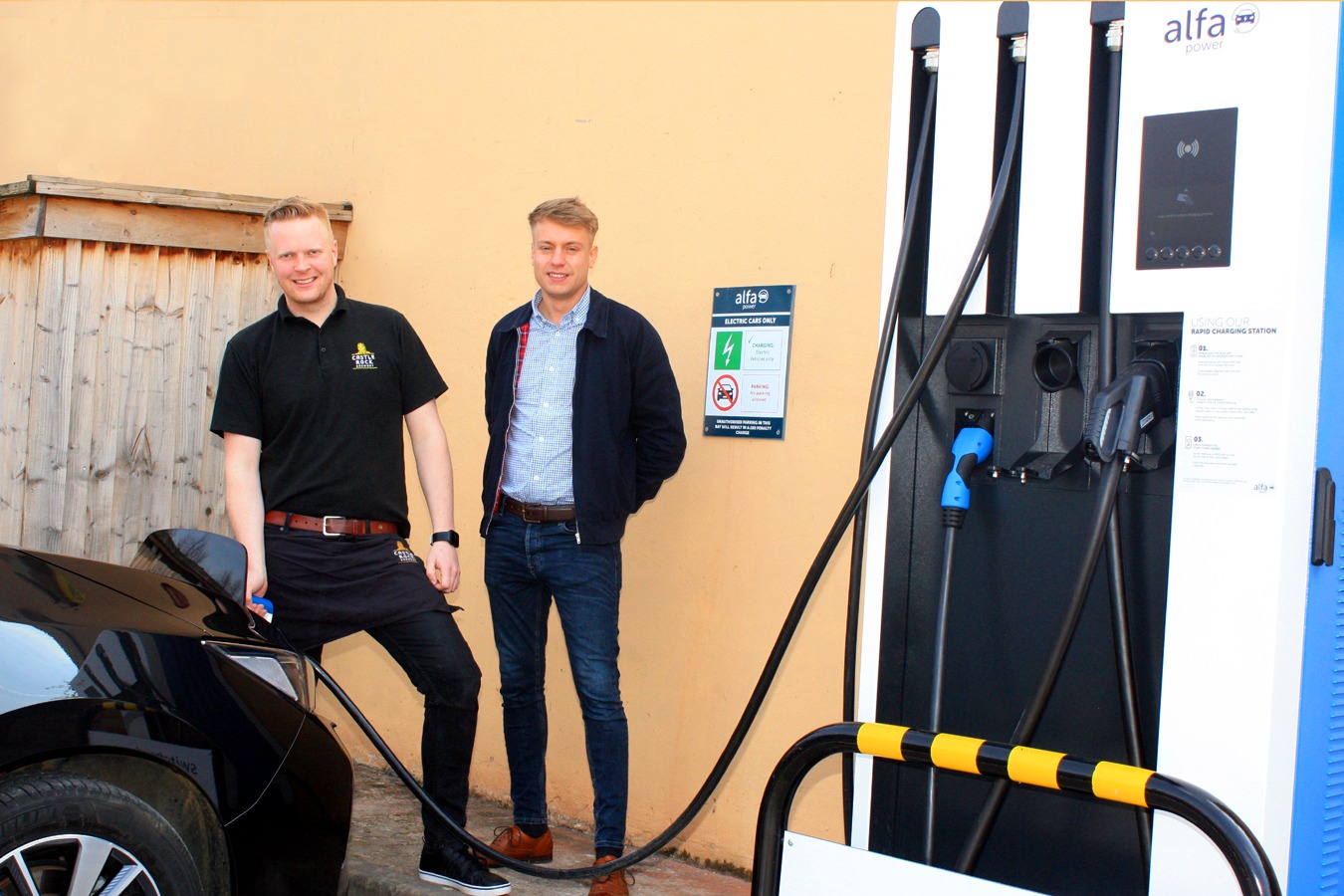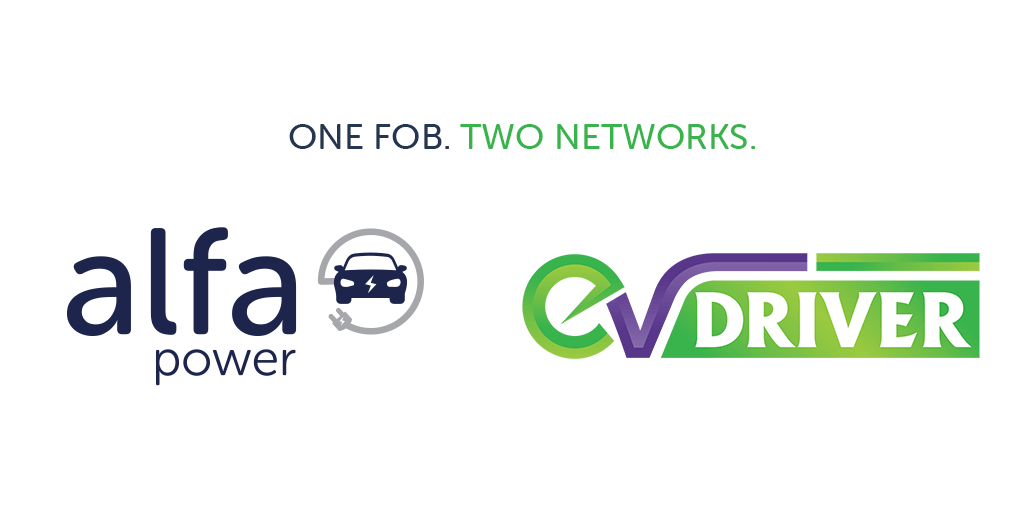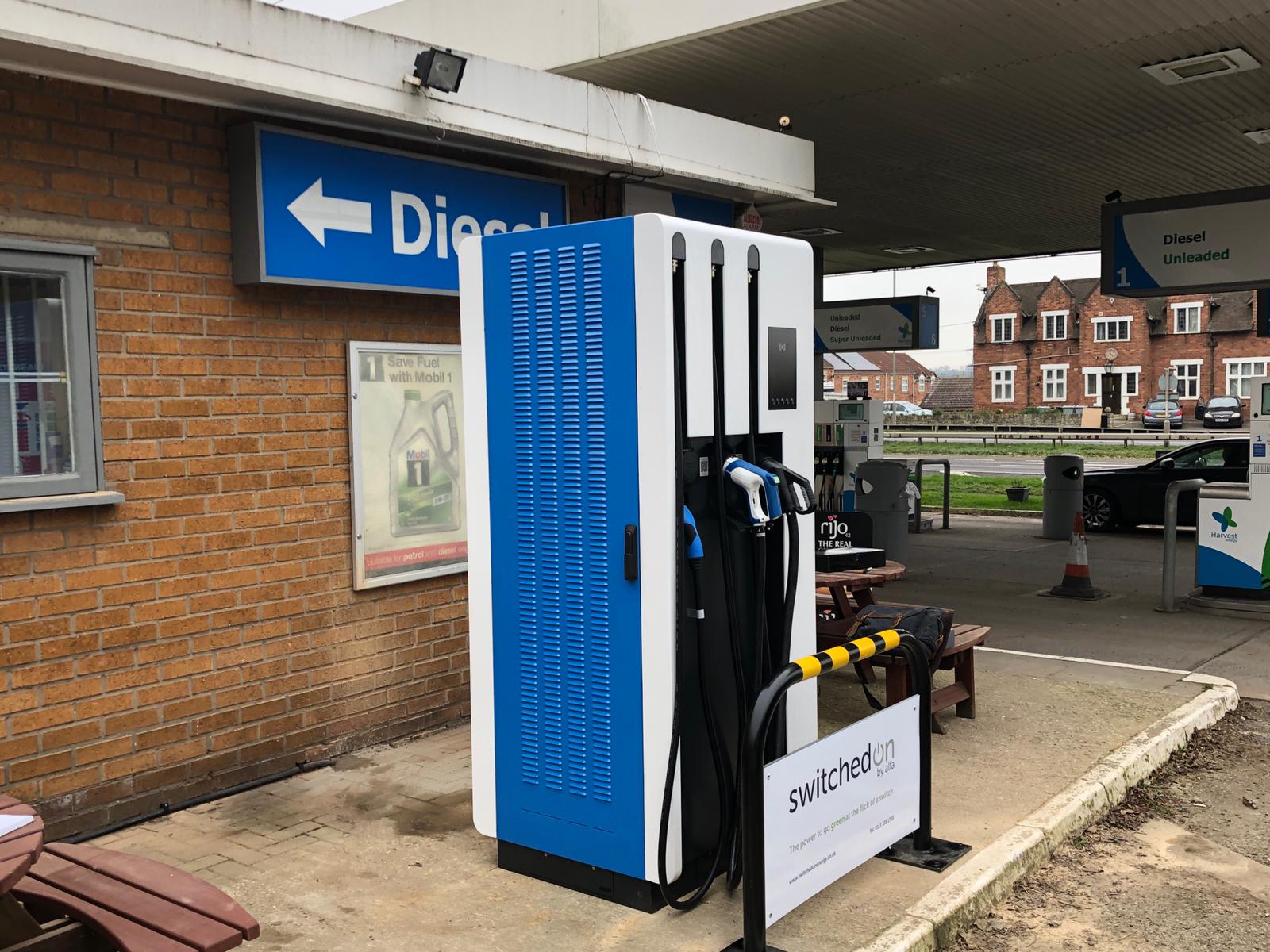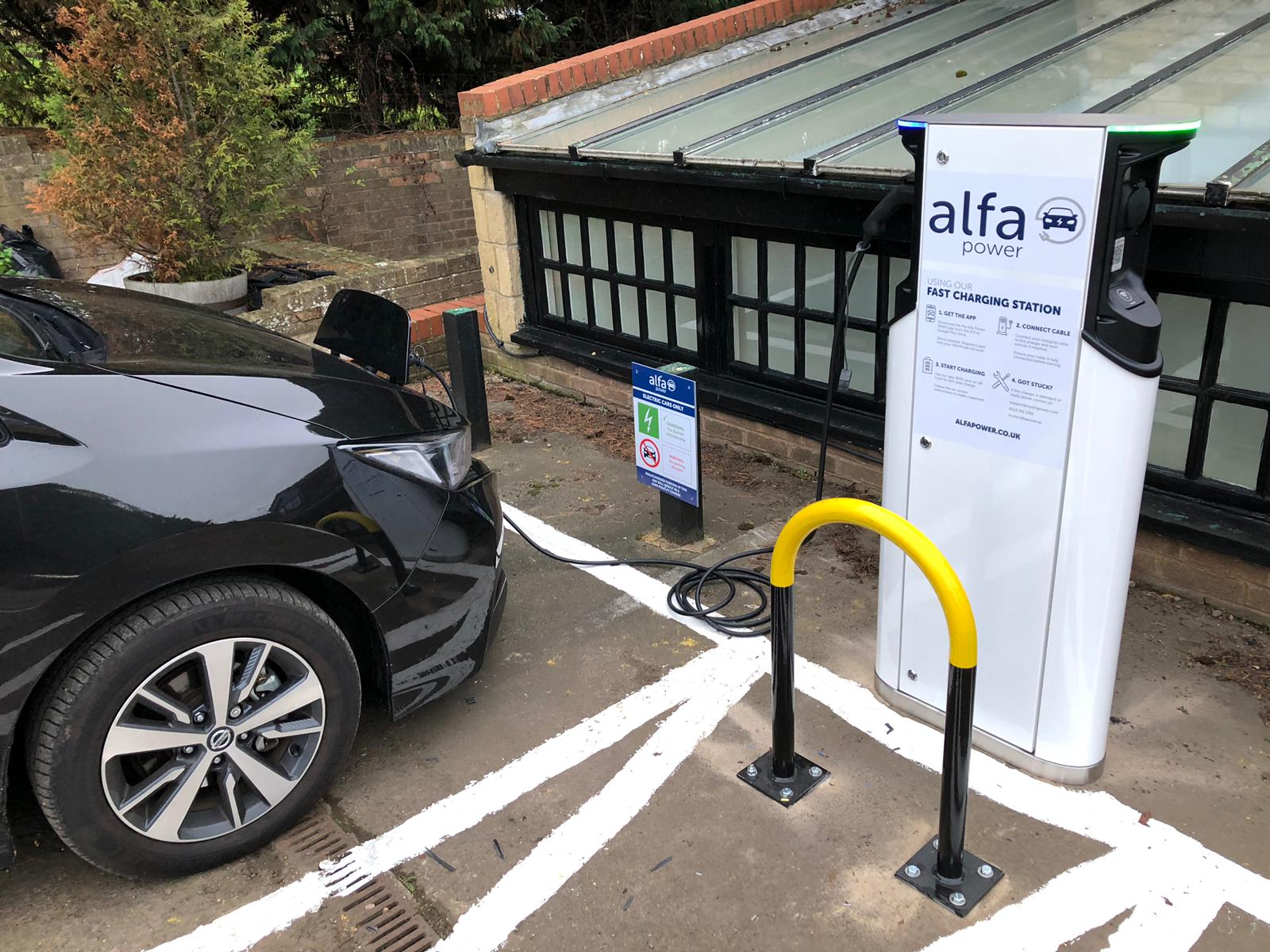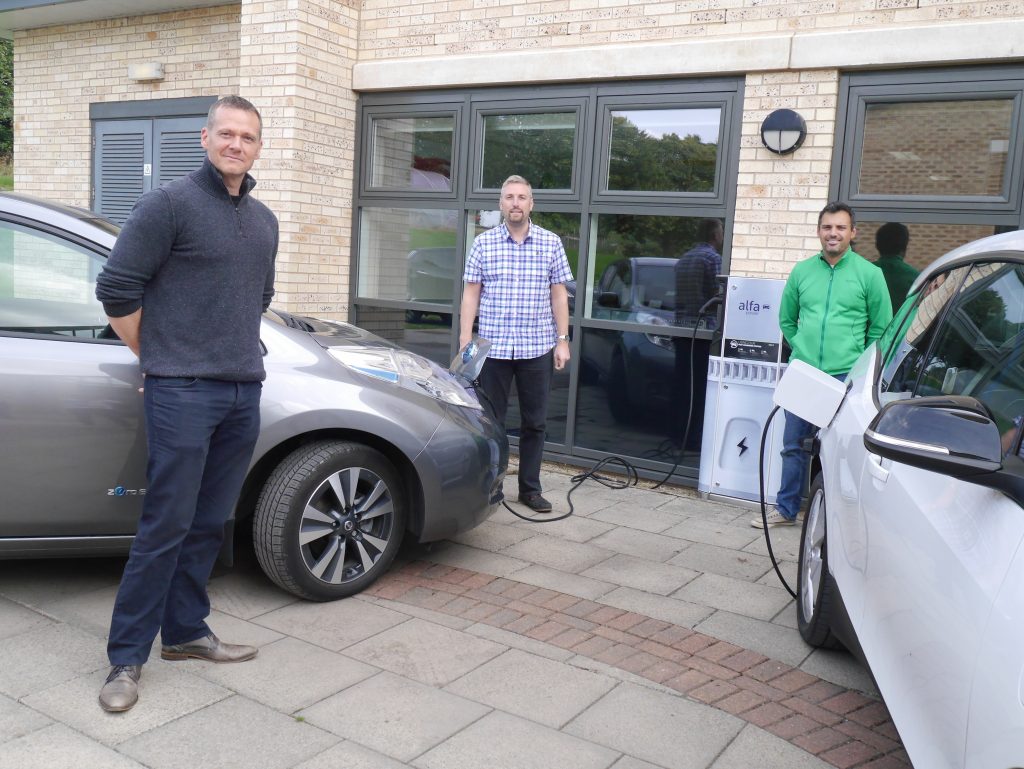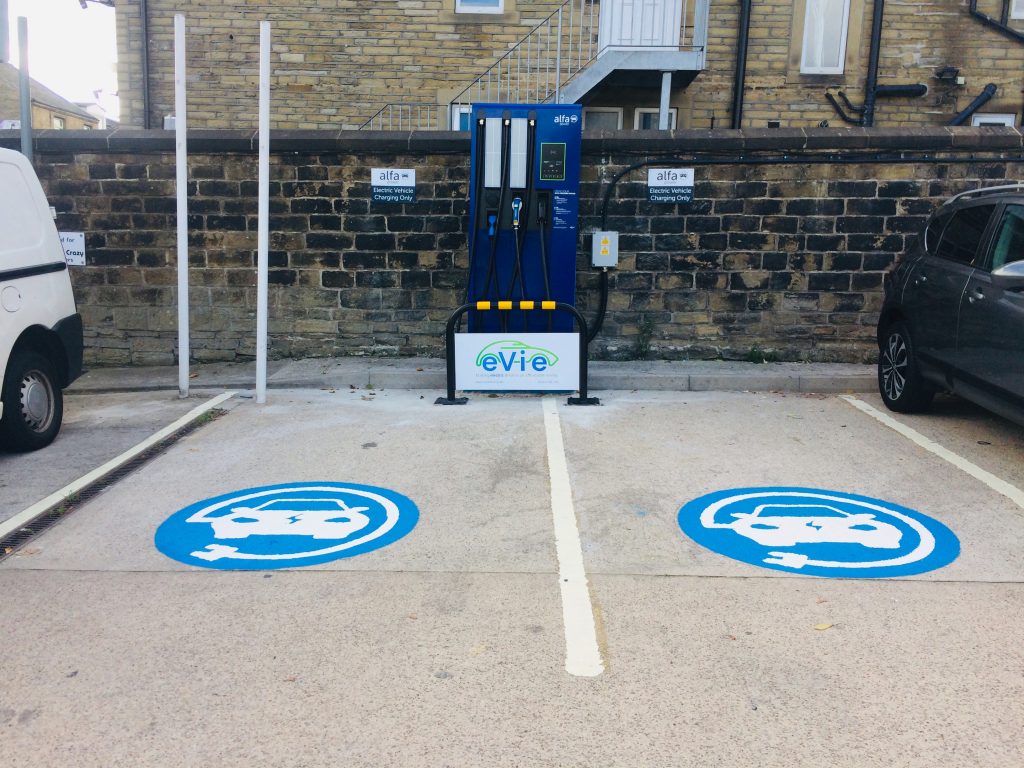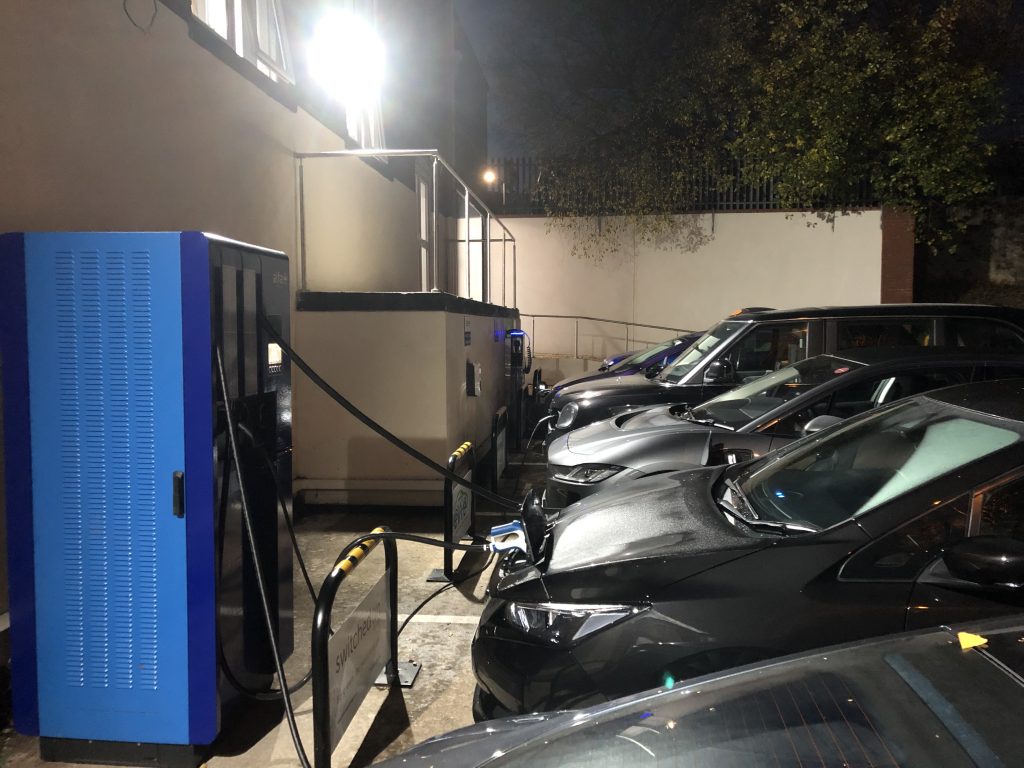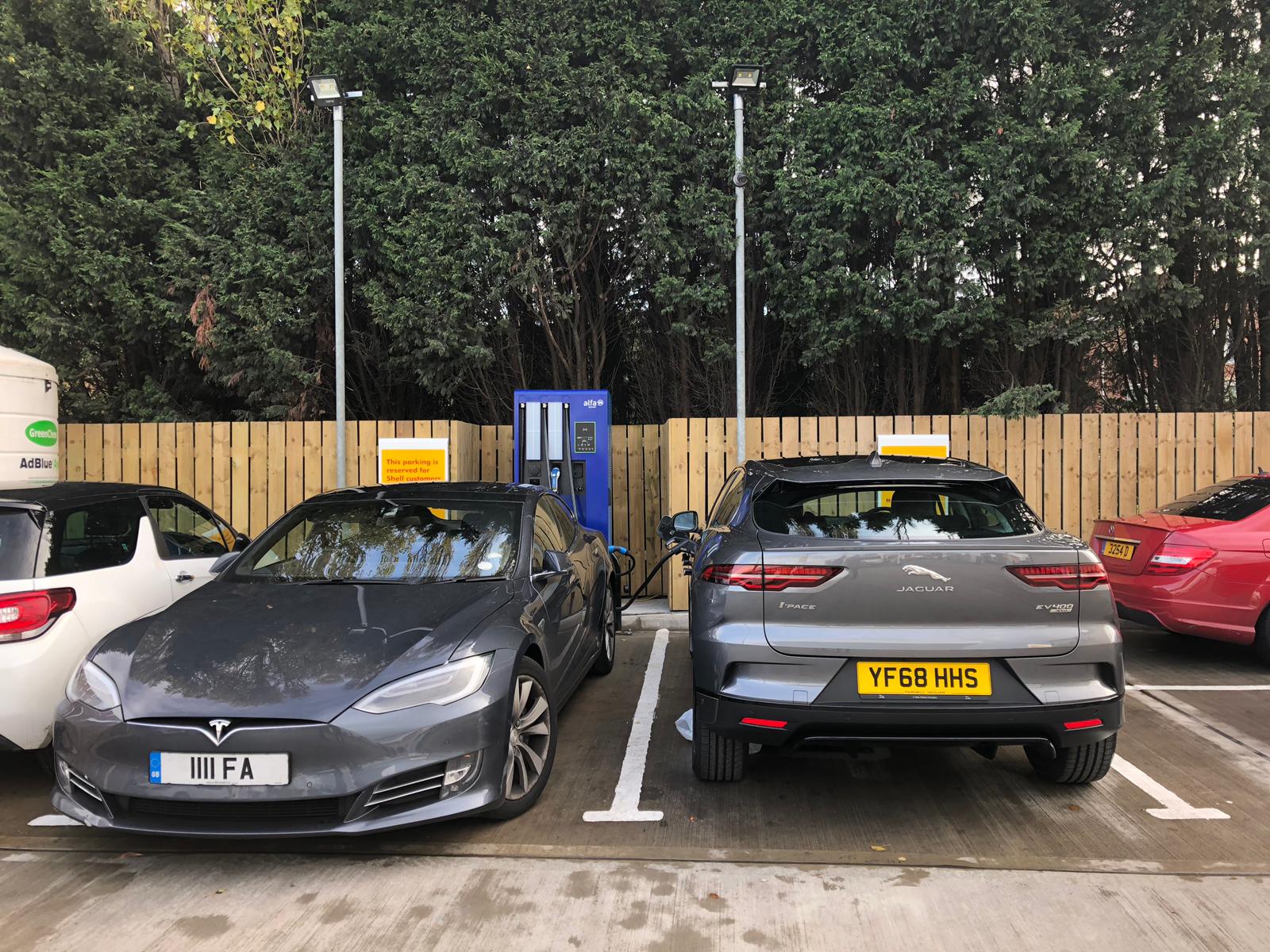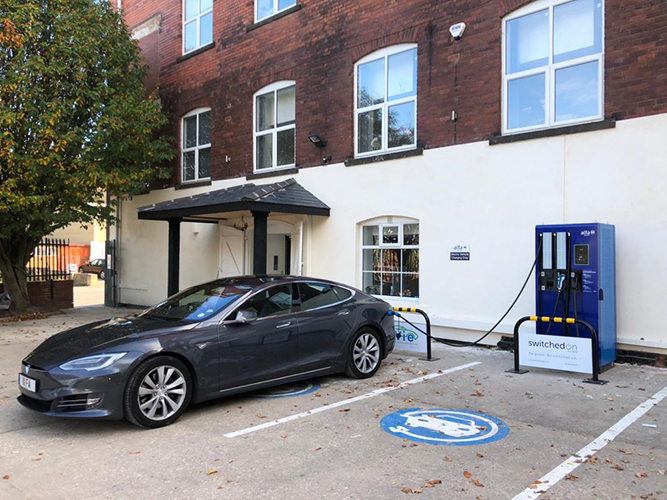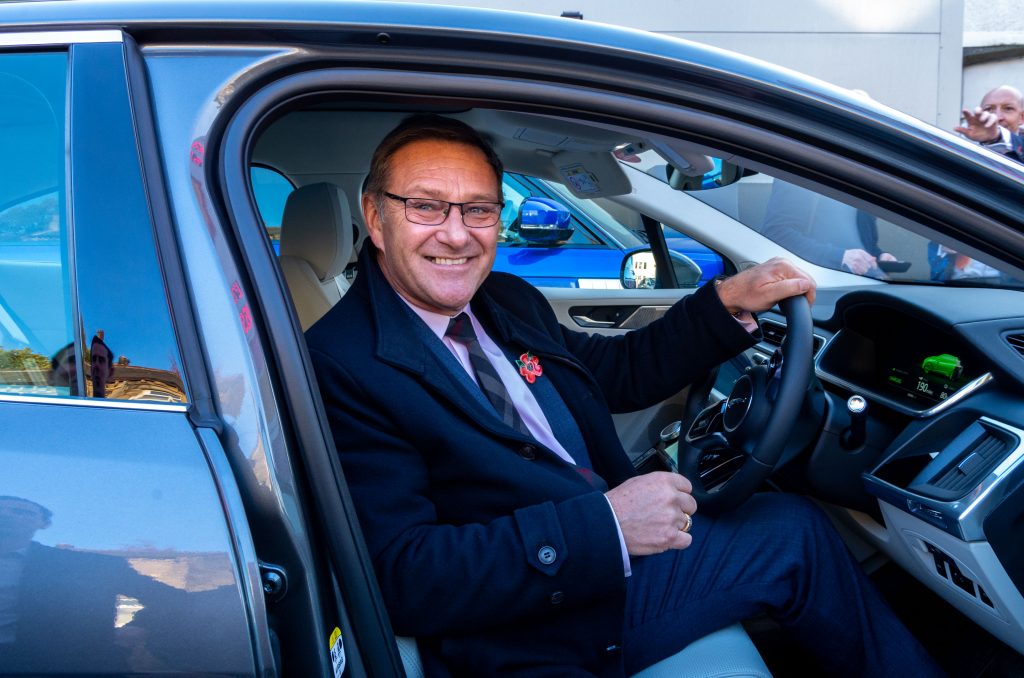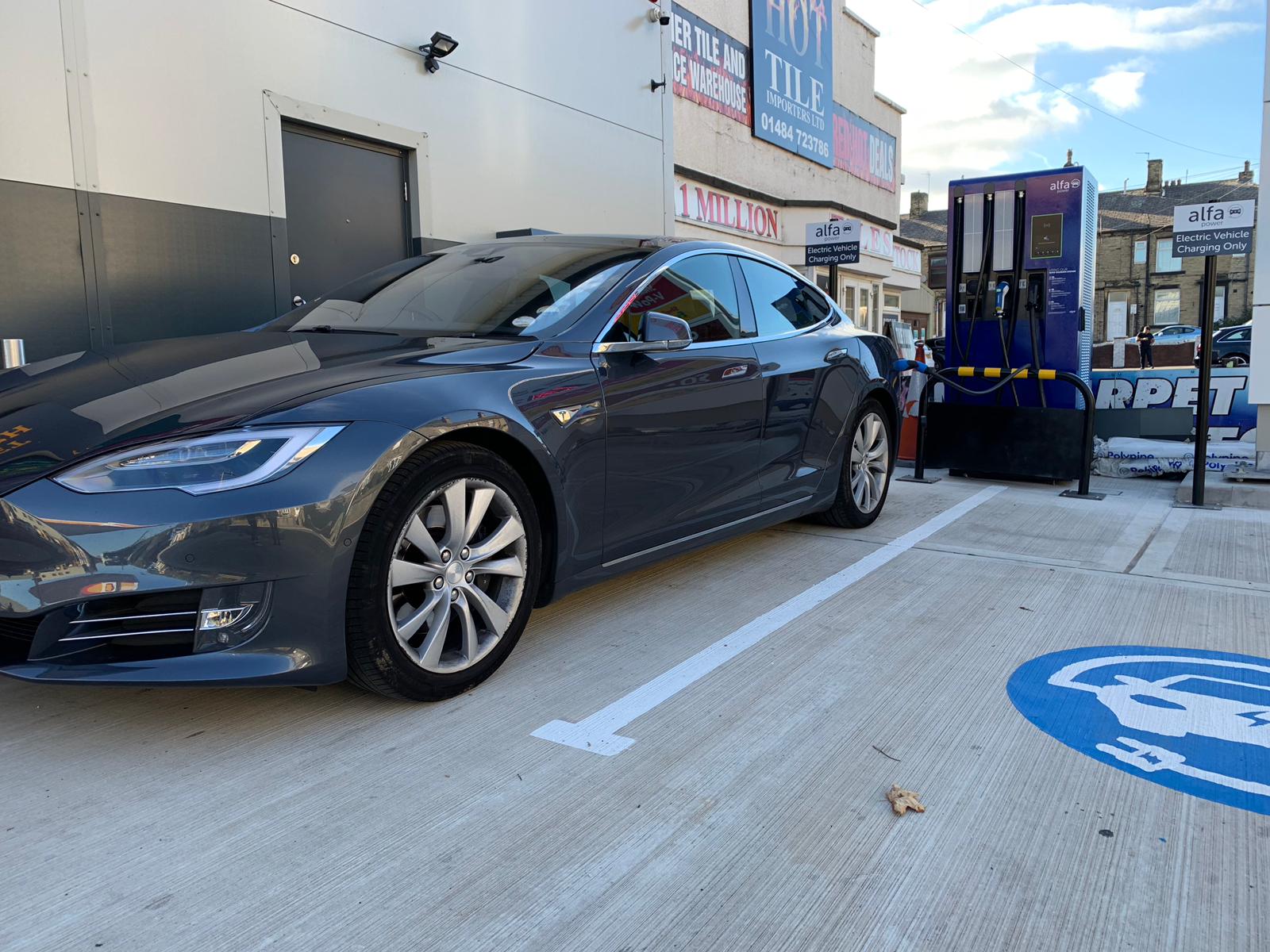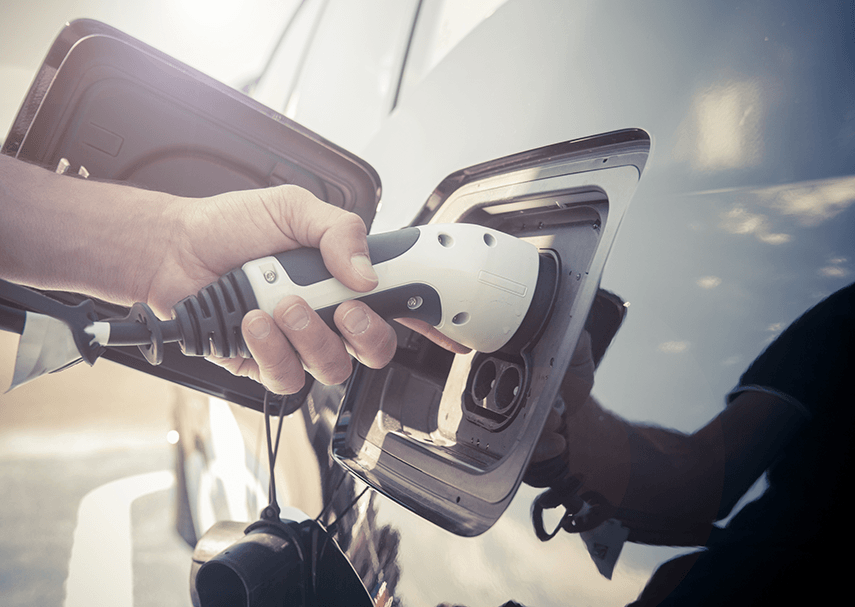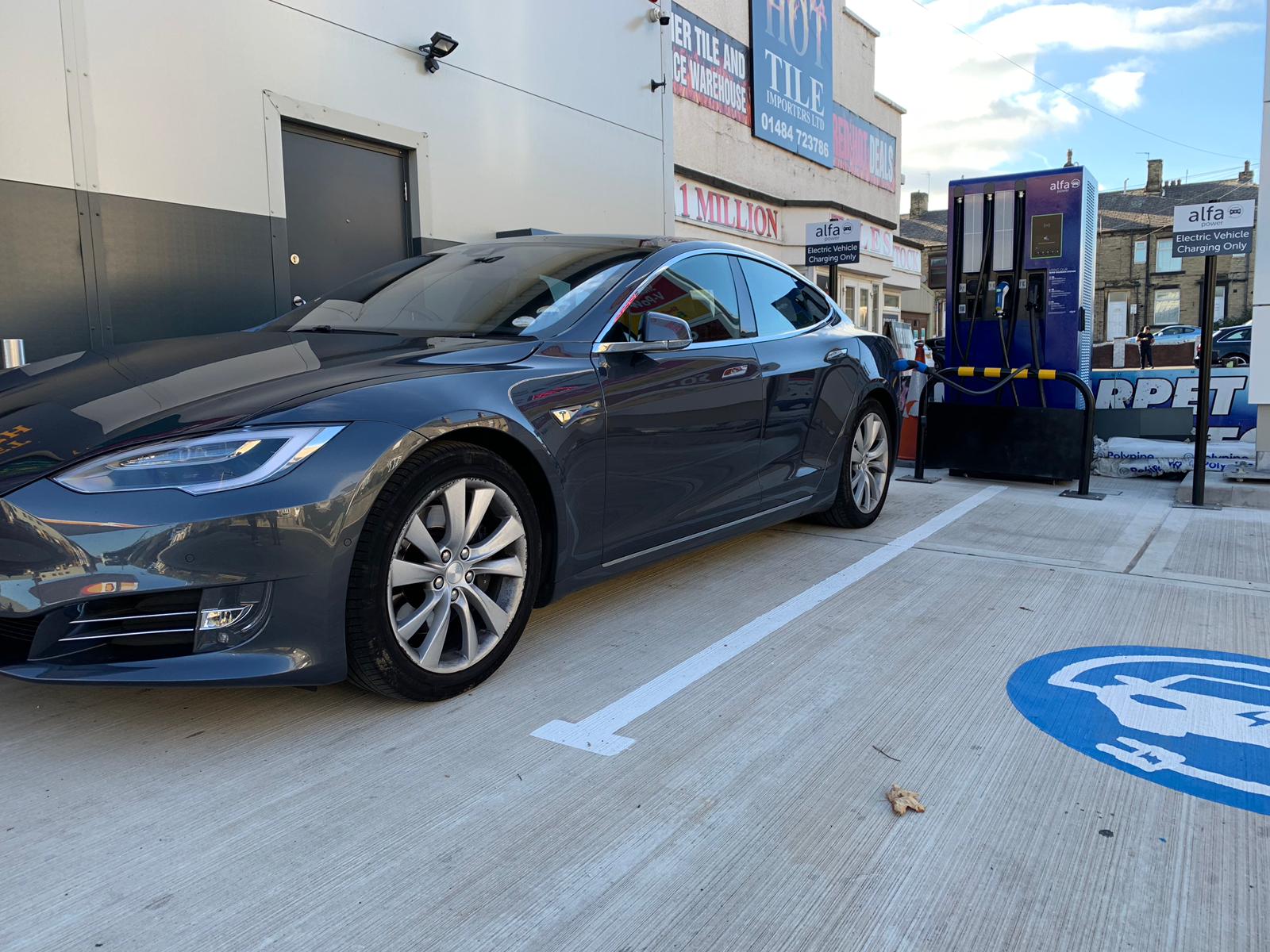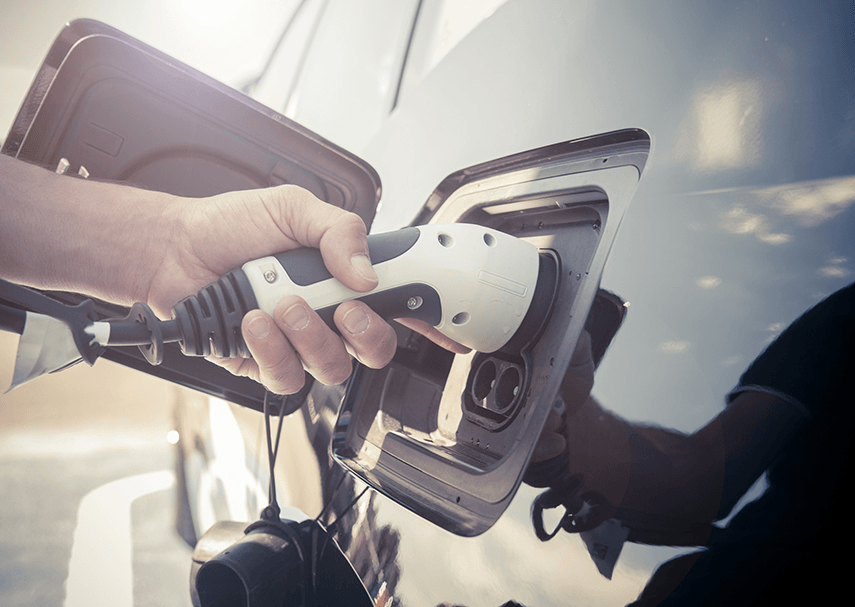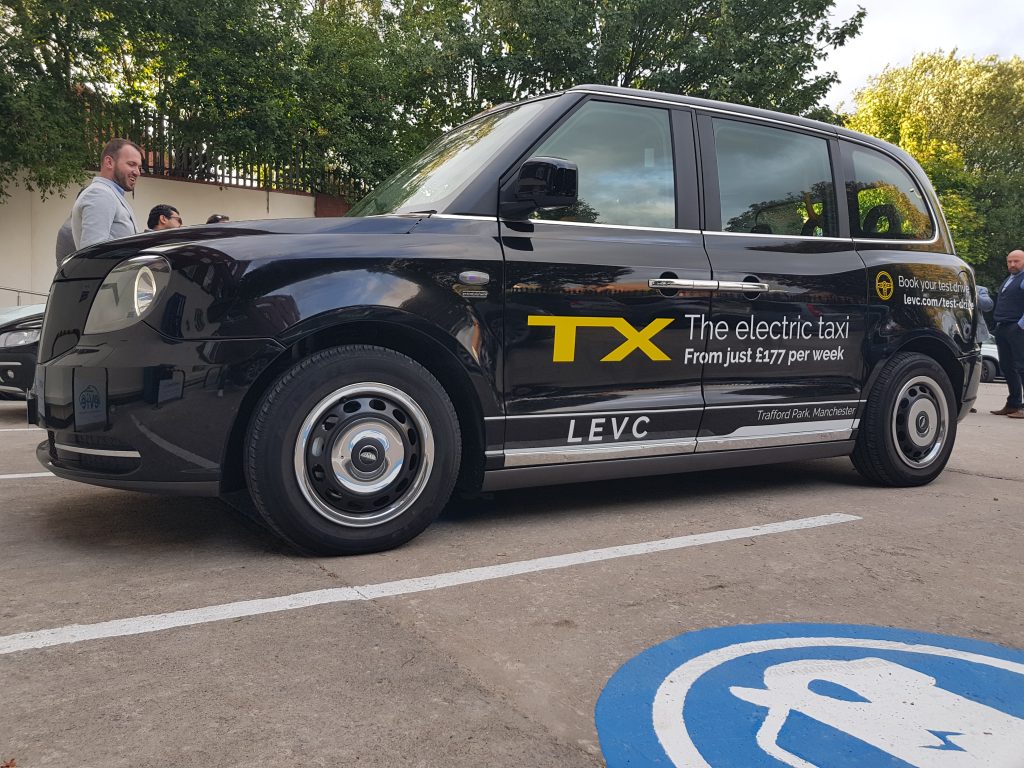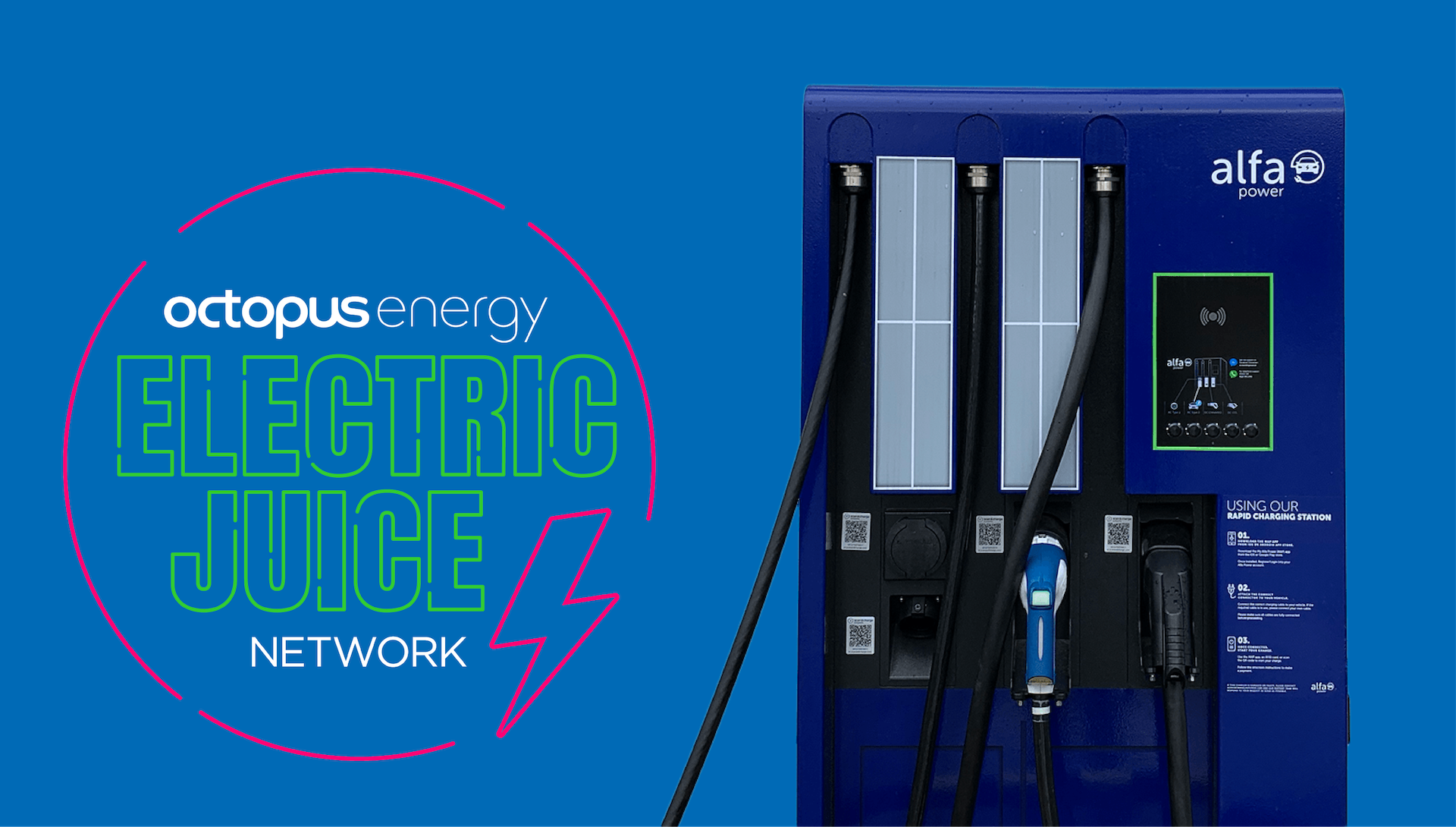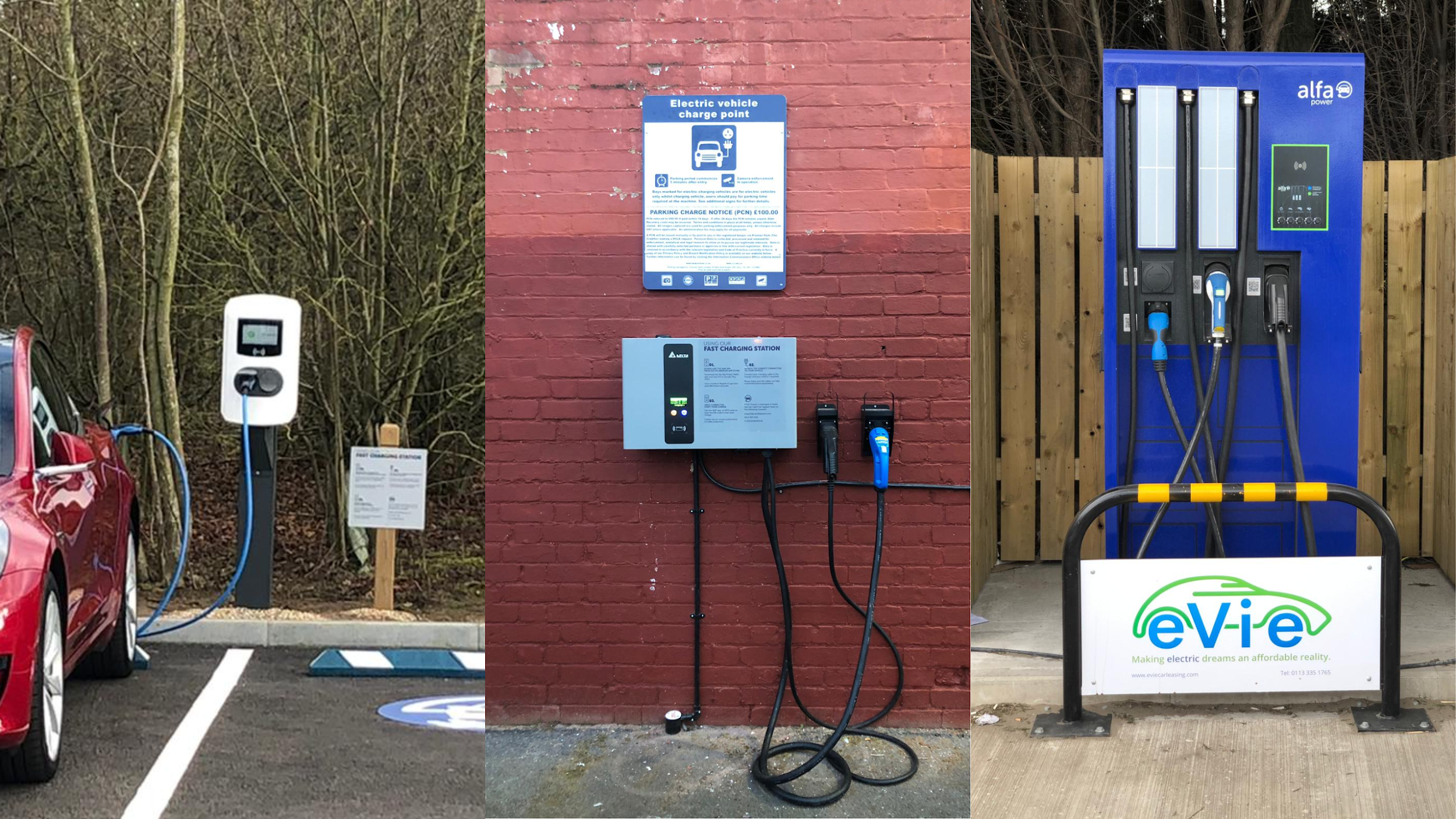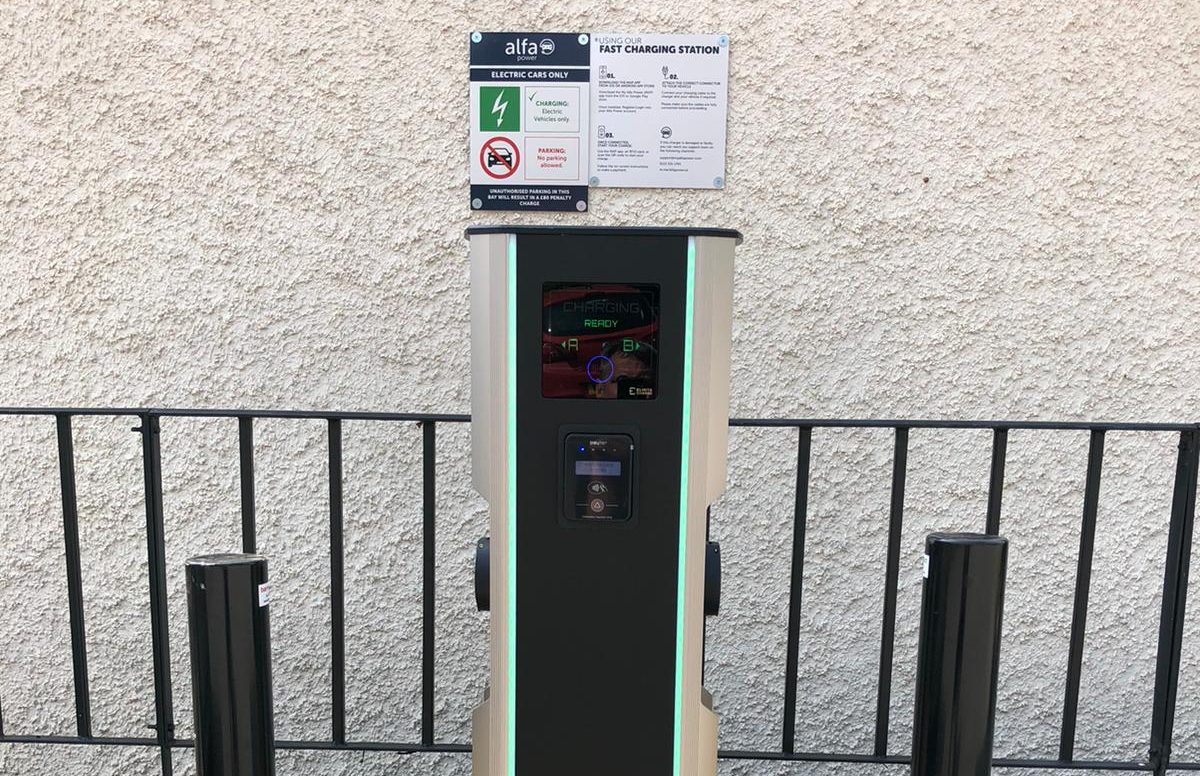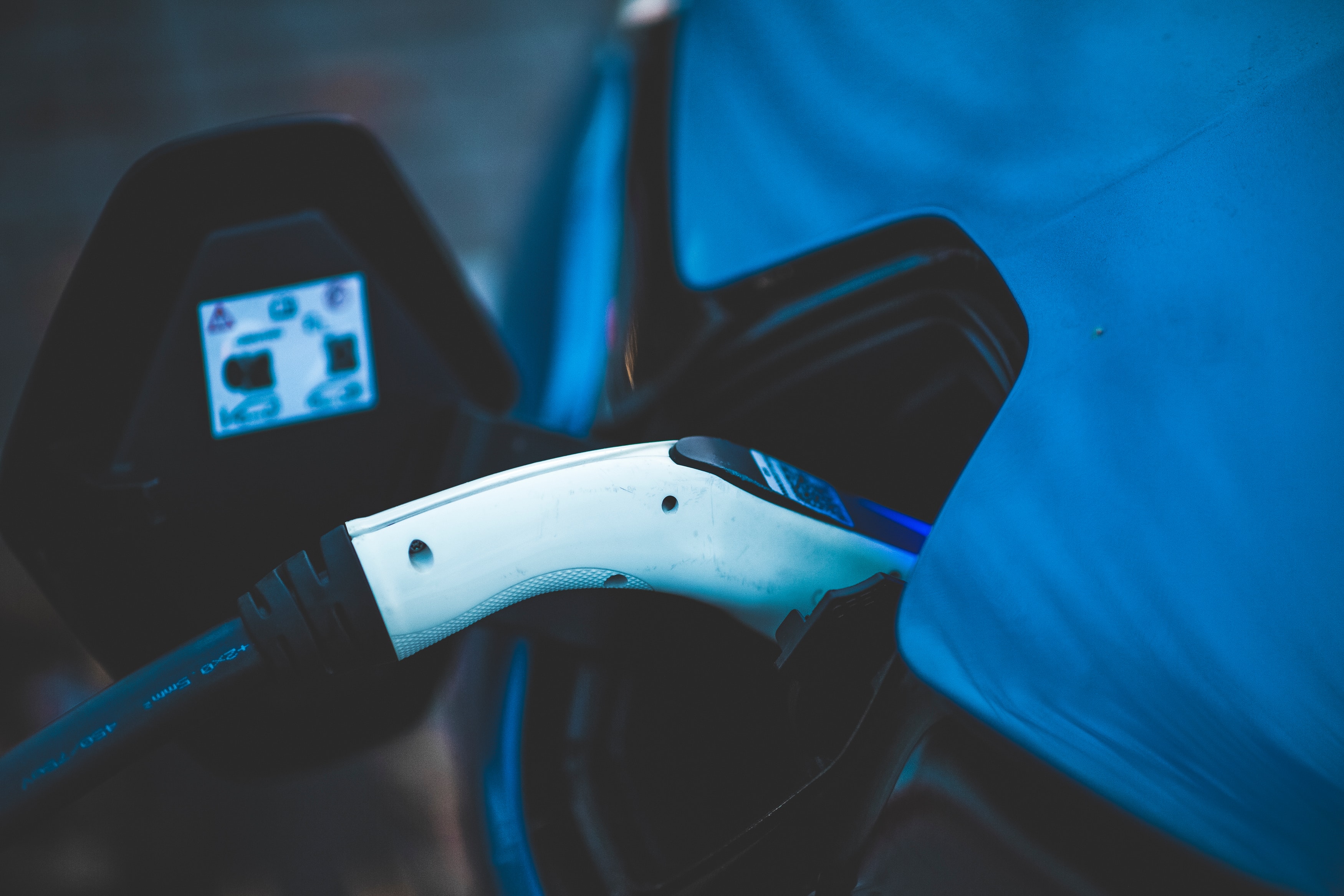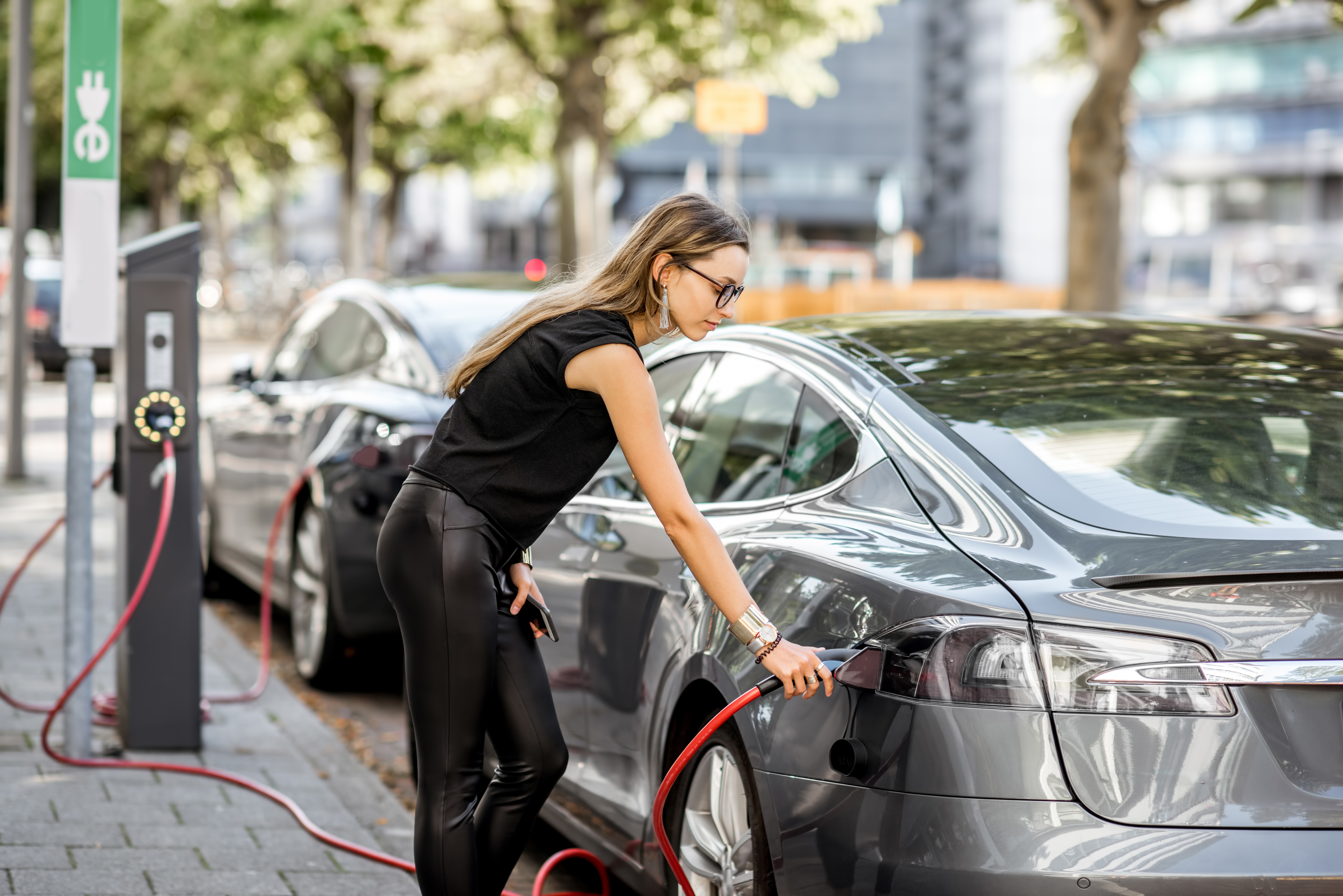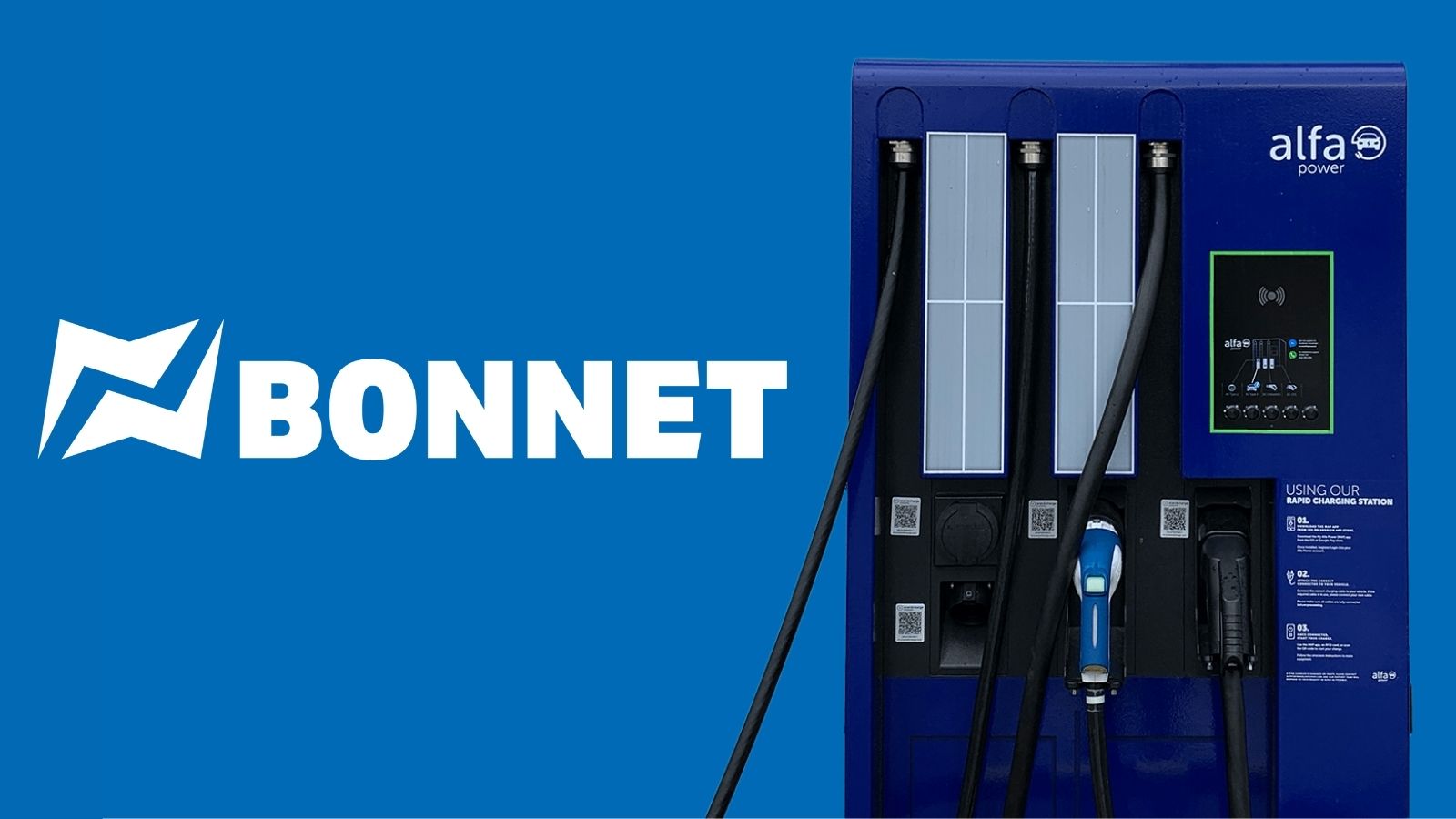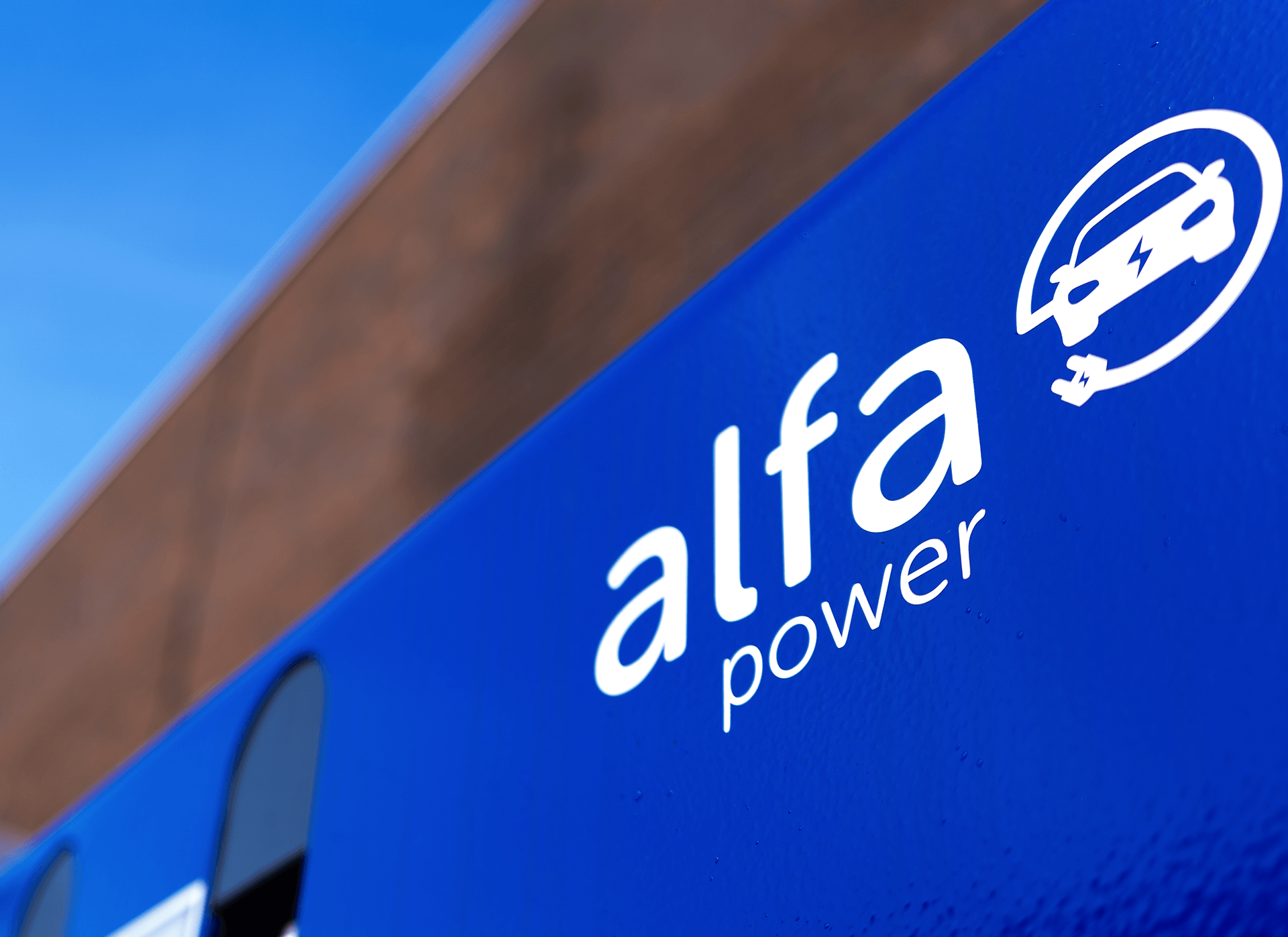New OLEV regulations come into effect on July 1st
30th June 2019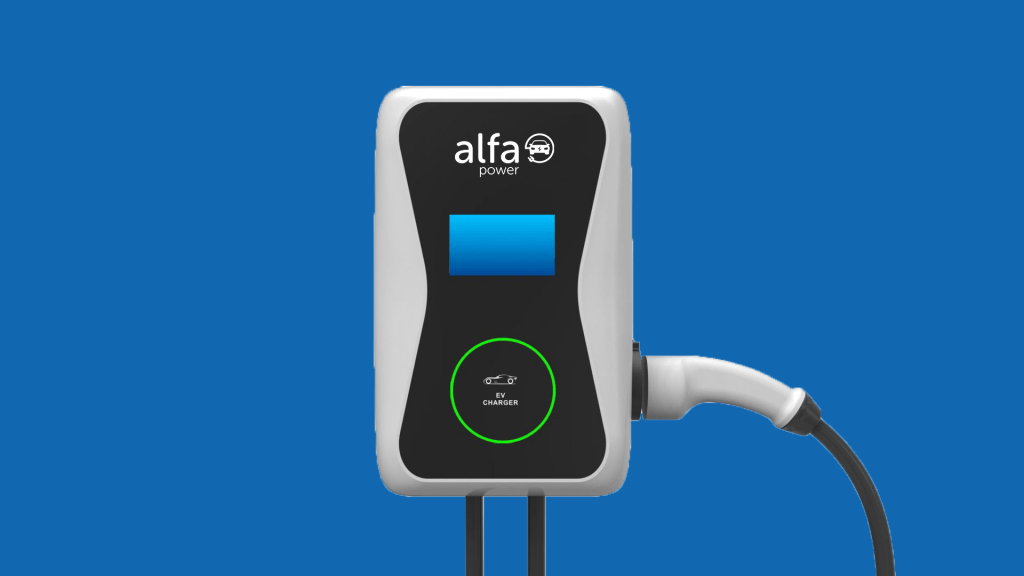
As of this coming Monday, all home charging infrastructure will need to be “smart” in accordance with the new regulations governed by the Office for Low Emission Vehicles.
Does the 1st of July mark a new dawn? Another progressive step in the developing electric vehicle charging ecosystem? Alternatively, are we standing on the precipice of further uncertainty?
This week I have spent considerable time canvassing the opinion of friends, family and acquaintances for their thoughts on the changes in legislation for home charging infrastructure.
Not a single person I spoke to had any idea what I was talking about, even those who owned electric cars already or are thinking about buying one.
I have also been actively canvassing opinion from several hardware manufacturers and software providers for several months as to how exactly this is going to work. Nobody seemed to be prepared to give me a straight answer as to what will ultimately happen to all the captured data. How will the data be aggregated from so many disparate sources into a useful data pool to be managed, interpreted and utilised to good effect? It seems this chapter is yet to be written.
What we do know is that there are new criteria that need to be adhered to in order to continue to meet the approval for OLEV funding. The specifics of those requirements can be found on the OLEV website.
So, what do the new rules say? Essentially all charge points backed by the government Electric Vehicle Homecharge Scheme must have the ability to be remotely accessed. They must also be capable of receiving, interpreting and reacting to a signal.
The idea is sound; smart EV charging technology has the potential to dramatically reduce the power load on the National Grid during peak times. Such a reduction is achieved by charging the vehicle when the overall demand for energy is relatively low, similar to programming a dishwasher to utilise the economy seven tariffs overnight. As a result, smart charging minimises the cost of EV charging for users and helps to ensure there is enough power available from the grid for everyone who needs it.
The move is part of the UK Government’s Road to Zero strategy. At the moment, in the UK, we have enough power for our homes and businesses. In the future, as more people start to drive electric vehicles and the demand for electricity becomes more significant, the grid could become stretched. Add this to the move away from fossil fuels to renewable energy sources and the supply of energy will become more of an issue. Such changes mean how and when electricity is used will become key to maintaining the supply.
If you throw Brexit into the mix, then we must consider the fact that about a quarter of the UK’s energy is bought in from overseas. Which ultimately means we have an interesting dilemma to face in the very near future.
Approximately 200 charge point models, from 25 charge point manufacturers, have been confirmed as eligible after 1 July 2019, and have been marked accordingly on the government’s online charge point model approval list.
With so many options to choose from and so many different platforms upon which to host data, it could quickly become overwhelming for the customer to know which way to turn. Freedom of choice is all well and good, but when it comes with total lack of public education and awareness, how can Joe Public be expected to make an informed decision about the right option for them?
If the government really wants to increase the uptake of electric vehicles, an overhaul of the existing information dissemination would be a good place to start.
Recently Alfa Power published a video on social media, the video was captured from CCTV footage from a pilot parking enforcement site.
The CCTV was installed to provide security for EV drivers as well as a means of deterring combustion engine vehicle drivers from parking in energised bays. However, in this instance, it was not successfully used for charging.
The footage showed two individuals attempting to inflate the tyres of their car using first the CCS connector and then the CHAdeMO connector at one of our rapid charging stations at a petrol station in South Leeds. As amusing as the video was, it demonstrated the lack of understanding, education and general awareness surrounding EV charging infrastructure.
Our video is not an isolated example, and there are many more instances of behaviours that demonstrate a general lack of awareness of this emerging technology. I would like to see considerably more investment in public awareness campaigns about the emerging technology to help to bridge the knowledge gaps and affect a positive change on public perceptions. This new legislation change is another example of a missed opportunity. We should have been able to help educate the general public and build trust in the technology via this new legislation.
Some question marks also remain as to whether the ultimate reason for this change is actually progressive. Is this technology being introduced solely to enable more accurate data interrogation and to take the necessary steps towards finding grid balancing solutions? Or is this simply the first step in providing a means to differentiate between the energy utilised within the home versus the energy used to fuel a vehicle at home?
The government is going to need to find a way to replace its lost income from the taxation that currently exists on combustion engine fuels. The pessimists amongst us might suggest that through smart chargers in the home, it is possible to precisely identify how much energy is dedicated to providing a fuel source for your vehicle. This will make taxation on that fuel a genuine possibility in the future.
As is often the case, there seem to be more questions than answers. While we do not promise to have all the answers, Alfa Power has positioned itself to provide a range of hardware and software options for the end customer to choose from. We are hardware and software agnostic and as such, have no agenda or bias. Our team can talk through the range of options and help guide the end user to make a more informed choice.
If you are interested in an EV charging solution and would like a free consultation from one of Alfa Power’s EV experts, please send us a message via the contact page.
More Recent News
